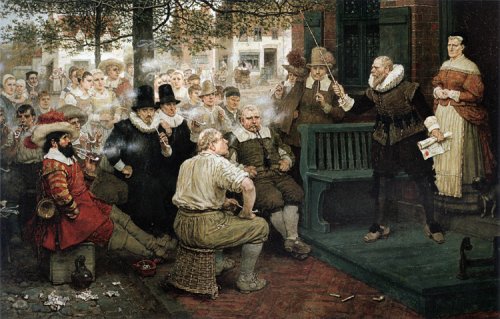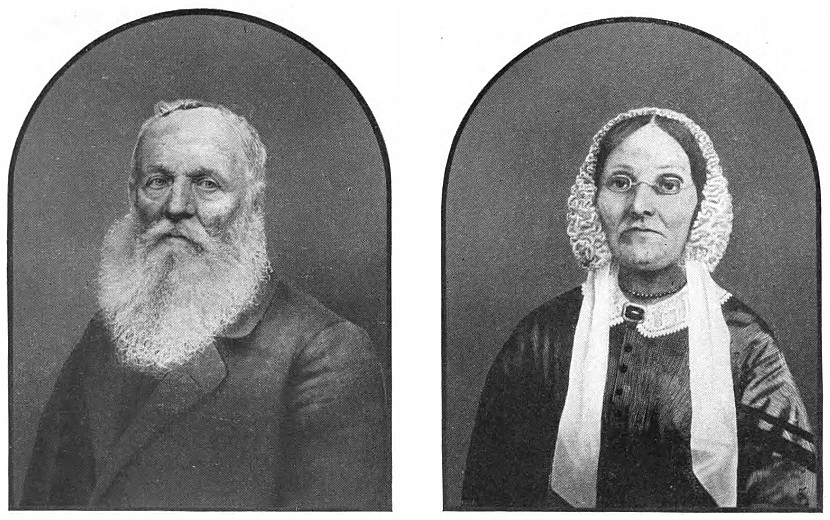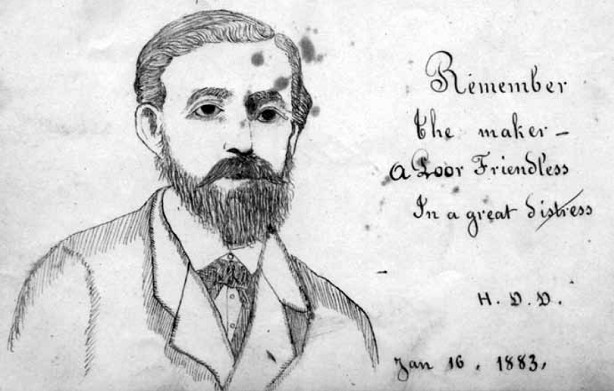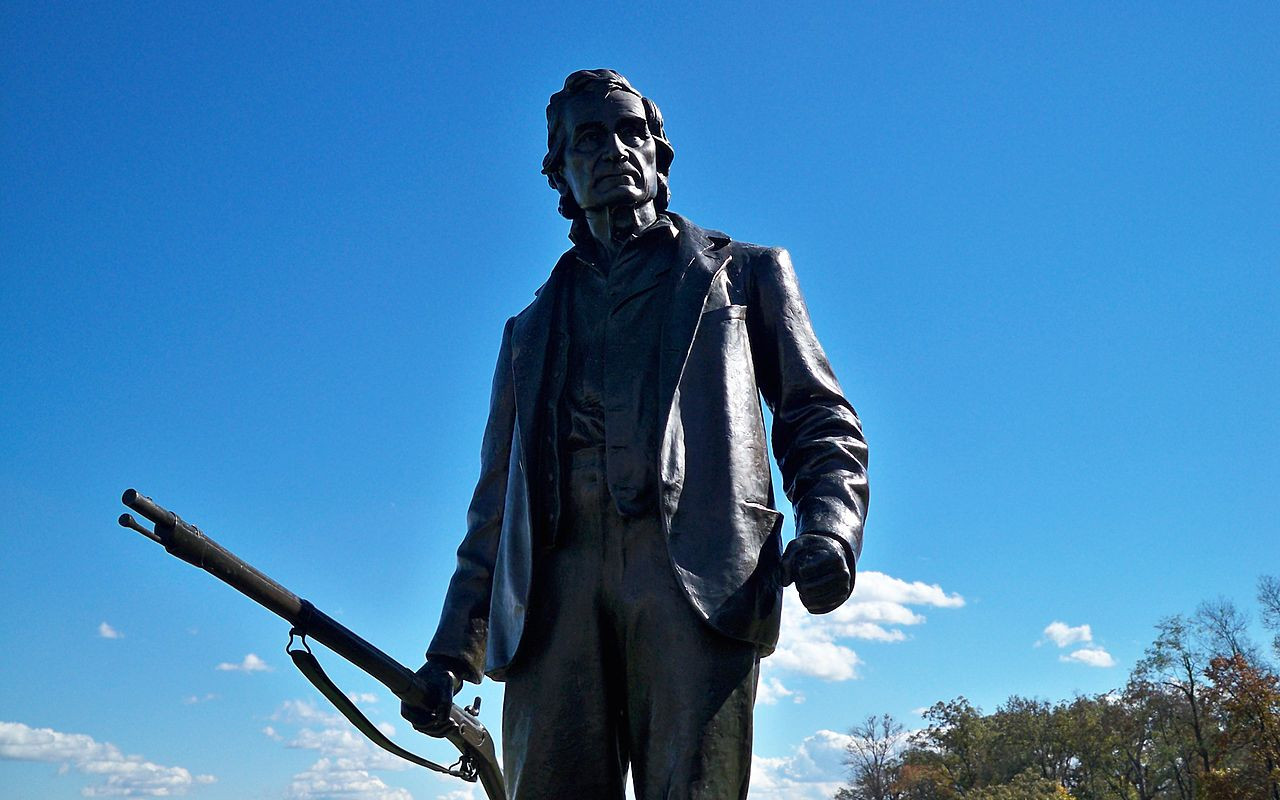
When Wilhelm Kieft tried to outlaw smoking in New Amsterdam in the 1630s, he brought on a unique protest. Washington Irving writes:
A mob of factious citizens had … the hardihood to assemble before the governor’s house, where, setting themselves resolutely down, like a besieging army before a fortress, they one and all fell to smoking with a determined perseverance, that seemed as though it were their intention to smoke him into terms. The testy William issued out of his mansion like a wrathful spider, and demanded to know the cause of this seditious assemblage, and this lawless fumigation; to which these sturdy rioters made no other reply, than to loll back phlegmatically in their seats, and puff away with redoubled fury; whereby they raised such a murky cloud, that the governor was fain to take refuge in the interior of his castle.
Wilhelm finally gave in — people could smoke, he said, but they had to give up long pipes. “Thus ended this alarming insurrection, which was long known by the name of the pipe plot, and which, it has been somewhat quaintly observed, did end, like most other plots, seditions, and conspiracies, in mere smoke.”
(Thanks, Dan.)









